
The impact of data privacy on the healthcare industry
Healthcare companies are constantly consuming and sharing information to build better patient profiles and improve outcomes. Yet a new report reveals that only 70 percent are very or extremely confident in knowing exactly where their sensitive data is.
The study from data privacy specialist Integris shows that of these 50 percent update their inventory of personal data once a year or less, and a mere 17 percent of respondents are able to access sensitive data across five common data source types.
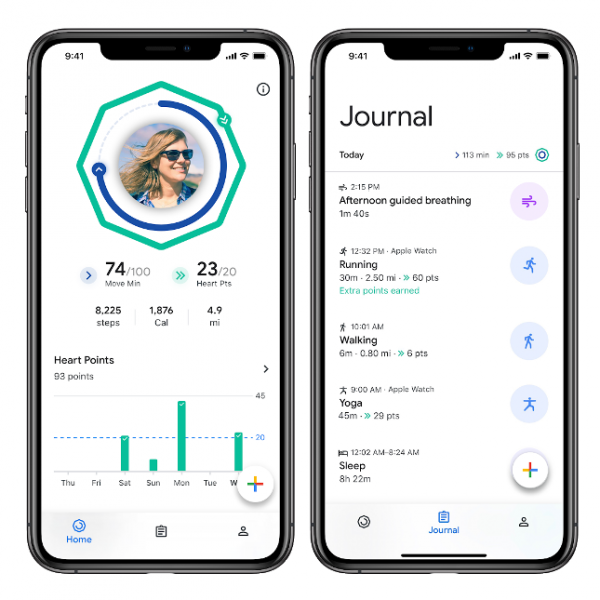
Google Fit comes to Apple iPhone
Obesity is a huge problem in the USA and other parts of the world. Not only does being obese lead to sickness and death, but it causes healthcare costs to skyrocket, which harms everyone's bank account. Not to mention, being fat simply doesn't feel good -- carrying extras weight is uncomfortable and can lead to joint pain.
So yeah, since obesity is bad, many people try very hard to lose weight, but sadly, many fail. Why? Putting on the pounds is much easier than taking them off, and since progress can be slow, it is easy to lose motivation. Thankfully, technology is helping folks to stay motivated. No, wearable devices and fitness apps won't cause weight loss on their own, but they can assist when added to a healthy diet and exercise plan.

IoT devices put healthcare networks at risk
The proliferation of healthcare Internet-of-things devices, along with unpartitioned networks, insufficient access controls and the reliance on legacy systems, has exposed a vulnerable attack surface that can be exploited by cybercriminals, according to a new report.
The study by network threat detection specialist Vectra also shows gaps in policies and procedures can result in errors by healthcare staff members.
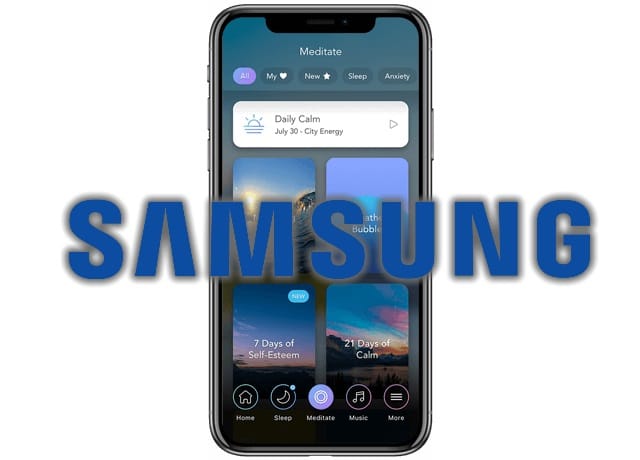
Samsung teams up with Calm to bring mindfulness and meditation to the masses
In recent years, both Apple and Samsung have been expanding into health-related areas, bringing a range of wellbeing services to users. Now Samsung has announced that it is teaming up with popular sleep and meditation app, Calm.
The partnership means that users of Samsung Health will be able to take advantage of things like mindfulness and guided meditation, as well as sleep and relaxation tools.

Apple iPhone will improve medical care for USA veterans
United States veterans often don't get the respect they deserve. Once they rejoin civilian life, it isn't uncommon to hear horror stories about how they are treated in regards to medical care. Veterans Health Administration facilities can sometimes have long waits, poor service, and terrible hygiene conditions. Don't get me wrong, not all of the VA hospitals are bad, but some are. And these brave people should never have deficient care.
Today, Apple announces that it is aiming to improve the medical care for these heroes with its "Health Records on iPhone" feature. This will allow veterans to safely and securely access medical records with an iPhone. This should be both a tremendous benefit and convenience for these heroic men and women, ultimately leading to an improved medical care experience.

AI in drug development and personalized medicine
Medicine and other scientific areas have always used computing power wherever they could find it-- to help modeling go faster and arrive at viable drugs more quickly.
But when we apply the most recent advancements in artificial intelligence to the most advanced drug development programs, we get something else entirely: truly "personalized medicine." But what's personalized about it, and how does AI play a role?
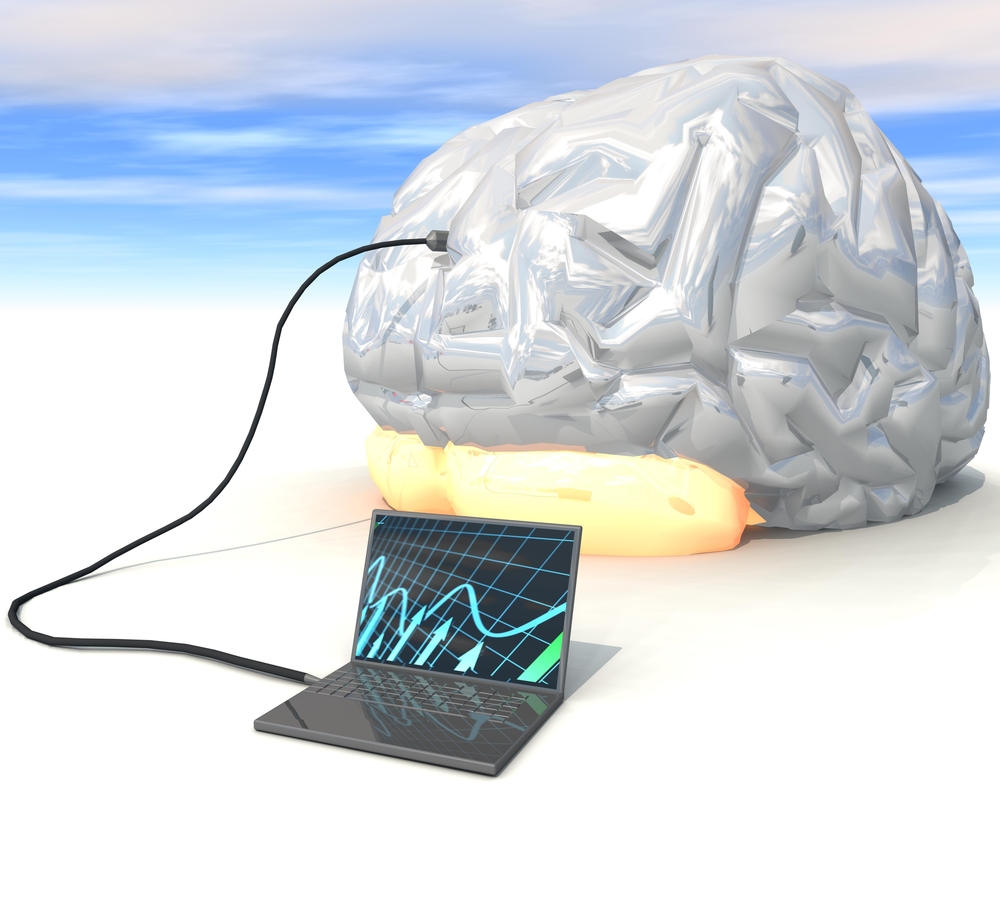
Could your brain be a target for hackers?
Implanted brain stimulation devices are used by scientists to explore how memories are created in the brain. New research shows that vulnerabilities mean they could be be targeted in future to steal personal information, alter or erase memories or cause physical harm.
Sound like science fiction? Researchers from Kaspersky Lab and the University of Oxford Functional Neurosurgery Group have used practical and theoretical analysis to explore the very real vulnerabilities that could exist in implanted devices used for deep brain stimulation.

Fitness app Polar Flow exposed names and locations of thousands of military, NSA and FBI staff
It's not all that long since fitness app Strava caused something of a security nightmare by inadvertently revealing the locations of numerous secret military bases. Now another app -- Polar Flow this time -- has gone a step further and revealed the names and home addresses of nearly 6,500 users.
A joint investigation by Bellingcat and Dutch journalism platform De Correspondent found that the app is "revealing the homes and lives of people exercising in secretive locations, such as intelligence agencies, military bases and airfields, nuclear weapons storage sites, and embassies around the world".

Why collecting data about your health doesn’t always make you healthier
A study published in Proceedings of the National Academy of Sciences shone new light on the shortcomings of collecting data from large groups of people during medical research. The longstanding belief is that the bigger the subject pool, the more representative the results will be of the public at large.
However, the scientists discovered something different that could impact how people use fitness trackers.

Google and The American Red Cross partner for World Blood Donor Day
Whenever there is a tragic event, such as a natural disaster or large-scale terrorist attack, people turn out in droves to donate blood. This is very noble, but such a donation is not only needed during publicized tragedies. Every day, hospitals around the world use donated blood to save lives.
Each year, we celebrate World Blood Donor Day -- an annual occasion to raise awareness regarding the necessity of this life-changing donation. On this day, people often want to donate, but it can be hard to know where to go. Thankfully, Google is partnering with The American Red Cross to make finding such a destination even easier. A Google employee has even chosen to share their personal story about how donated blood saved a family member's life.
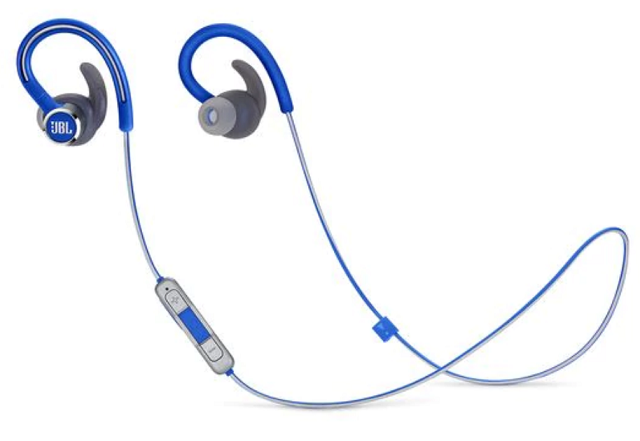
JBL launches 'Reflect Mini 2' and 'Reflect Contour 2' Bluetooth sport headphones
When Apple removed the 3.5mm audio jack from the iPhone, some people freaked out. Look, I understand that change can be scary, but an analog port has no place on modern smartphones. For those that struggled to cope, Apple even included a free dongle, allowing these Luddites to take their time transitioning to the new standard -- Bluetooth. Of course, despite the negative feedback Apple received, many Android manufacturers followed suit and removed the headphone jack too. The same thing is happening with the iPhone X's notch, but I digress.
Regardless of whether your smartphone does or doesn't have a headphone port, you should still invest in some quality Bluetooth earbuds. Not only are they more convenient and fashionable, but they can be better for active folks too, as there is no annoying cord going into your phone which can get tangled. Today, JBL unveils a pair of new wireless earbuds that focus on an active lifestyle. The "Reflect Mini 2" and "Reflect Contour 2," as they are called, are very similar, but the latter has a handy ear-hook to prevent slippage. Best of all, they are both priced under $100, making them very affordable.

Under Armour MyFitnessPal suffers data breach, becomes MyFitnessFoe
Geting in shape can be very hard. Not only do you need the means to get fit -- education on what to eat, for instance -- but you also need time. Sadly, so many people put in long hours at work -- sometimes toiling away at two or more jobs -- that finding time (and energy) to exercise can be a near-impossibility. Luckily, technology can help with these deficiencies, as software can educate, while hardware -- such as wearables -- can (potentially) motivate and track progress.
While technology can be good, it can also be vulnerable, leading to stolen user data. Under Armour's 'MyFitnessPal' is the latest platform to experience a security breach. If you aren't familiar with it, Under Armour calls it a "Free calorie counter, diet, and exercise journal." Unfortunately, hackers have made off with the data of 150 million users. I guess you could say MyFitnessPal has become MyFitnessFoe!

79 percent of healthcare pros worried about the security of their personal data
According to new research, 79 percent of healthcare professionals say they are concerned about the cyber security of their own healthcare information.
At the same time, 68 percent believe their organizations are doing enough to protect patient privacy and personal information from cyber attackers.
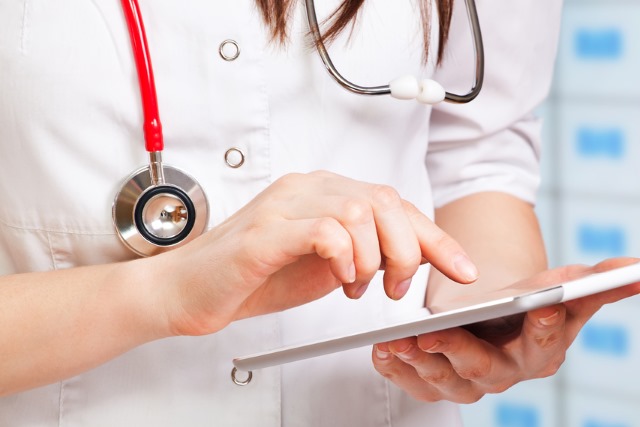
Almost half of US healthcare organizations breached in the past year
A new report from information security specialist Thales e-Security reveals that 48 percent of US healthcare organizations reported getting breached in the last year, more than 2.5 times the rate from two years ago.
In addition 56 percent report feeling either 'very' or 'extremely' vulnerable to data breaches. More than three-quarters (77 percent) reported at least one breach at some time in the past. This is the highest percentage among all US vertical industries polled in this year’s report.

Just one percent of NHS trusts have migrated to Windows 10
Last year, the UK’s National Health Service was hit hard by the WannaCry/WannaCrypt ransomware attack that went on to infect computers around the world. The attack was so bad that Microsoft took the unprecedented step of patching Windows XP to try and stem the spread of the problem.
While it first believed that NHS computers running XP were the source of the issue, it turned out to be Windows 7 systems that were mostly to blame. PCs running Windows 10 were immune from the attack. You would have thought, having been through such a terrible experience, that the NHS would have taken steps to prevent it happening again, but it seems not.
